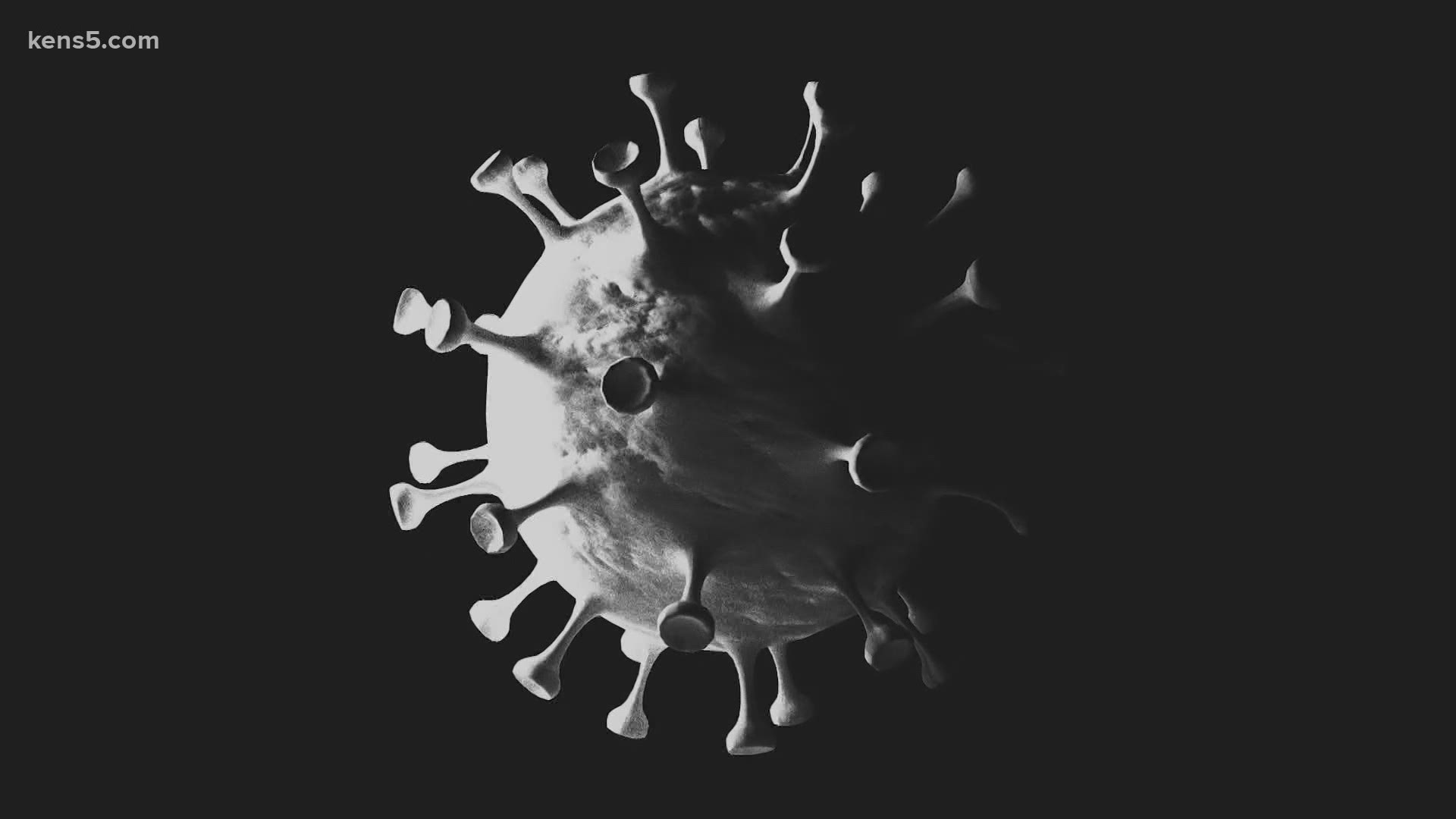SAN ANTONIO — It's not a movie moment scored with music, but Dr. Luis Martinez-Sobrido will not forget the end of his summer.
"It was my birthday, August 7," he said.
The 49-year-old was away from his lab at the Texas Biomedical Research Institute. He got a text that surpasses making a wish and blowing out the candles on a birthday cake. His team successfully cloned the coronavirus.
"I remember going back home and getting his text message saying that we got the virus. We are in," he said.
Martinez-Sobrido moved to San Antonio in February. Almost immediately, he and a team started working on cracking the code for a COVID-19 cure.
The team tapped into the playbook Texas Biomedical used for Zika and influenza.
According to the scientist, they used a reverse genetic approach to copy the coronavirus.
"The virus is so microscopic. So, you cannot seem them," he said.
His team cloned the large genomes of the virus. The result is less detective work finding infected cells in the human body for researchers.
Then, the scientists inject fluorescent protein into the virus to track it toward defeat.
"We are now deleting several regions of the virus," he said. "And what we find is that when you remove them, the virus becomes attenuated."
By attenuated, he means the virus becomes weakened. Then, scientists hope the yield is vaccines and immunity response. They are, basically, using the virus to defeat itself.
"We are starting testing," Martinez-Sobrido said. "Testing anti-virals to see if they protect when you challenge them."
He said they are running at least five models. Some include the use of mice.
The research also involves the possible impact of the coronavirus and the flu combined.
"Hopefully, in our laboratory, or in these animal models, we can try to predict what is going to happen to humans," he said. "So, we will be prepared."
Other researchers worldwide have tapped Texas Biomedical for cloned COVID-19 in their race for a cure.
Related links on KENS 5:

